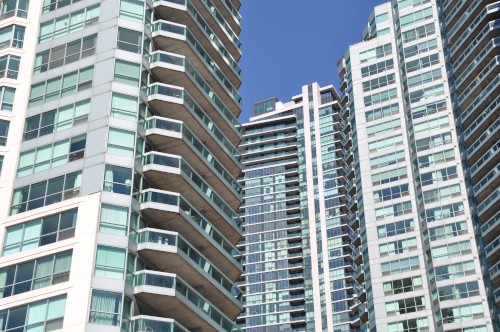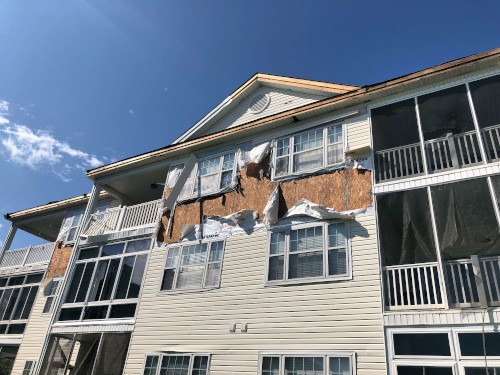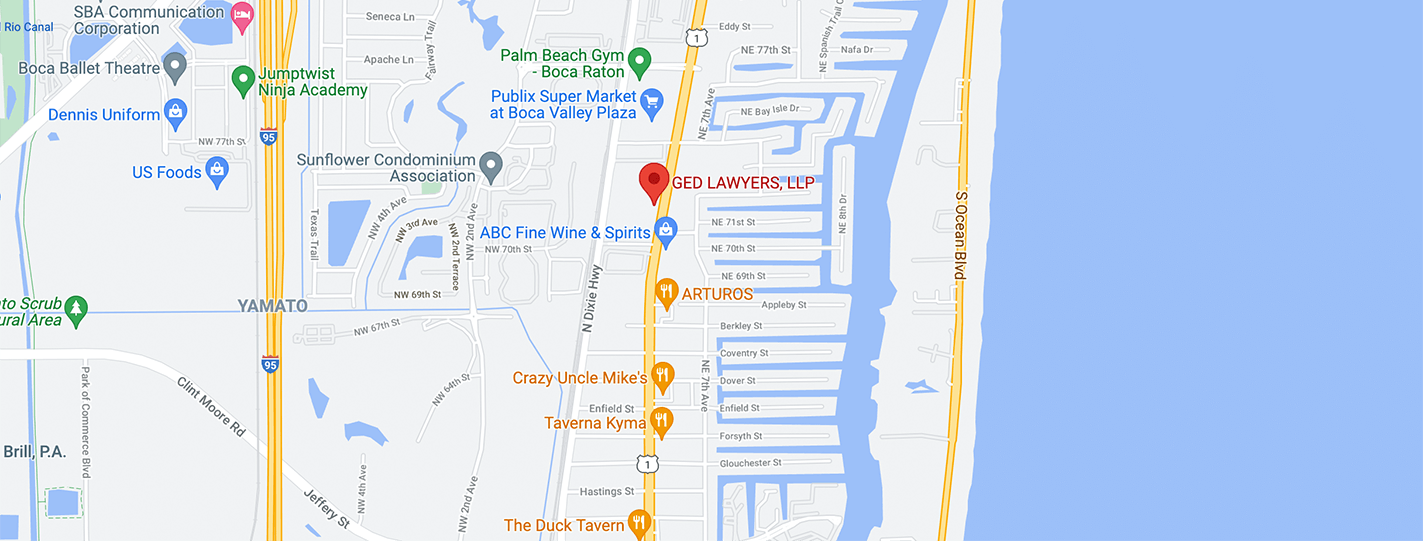
Florida boasts a significant number of condominiums, and the number of townhomes and condos sold in 2020 actually exceeded 2019 sales. A look at the past 10 years reveals that sales remain relatively steady overall. At the same time, there are around 48,500 HOAs in the state, with a collective 9.57 million individuals living in HOA communities. While a significant portion of these figures pertains to single-family homes, condo HOAs account for a great deal of them as well.
This article tackles the difference between condo ownership and homeownership and how belonging to an HOA introduces complexities not found in the typical home insurance policy. We also discuss common types of condo property damage that can occur in the state of Florida and whether to expect your insurance or your HOA’s insurance policy to cover that damage. Lastly, we discuss the finer details for filing a property damage claim and offer our legal services to those who need help securing approval.
The following provides a general guide to the topics introduced above. For more specific information, or to discuss the details of your case, contact the experienced property attorneys of Ged Lawyers.
How Condo Ownership Differs From Homeownership

One of the major differences between condo ownership and homeownership is that homeownership doesn’t necessarily require that one join an HOA. Condos, however, are units of larger buildings that typically offer shared common spaces and amenities. For this reason, condo owners are required to pay fees that are pooled together and put toward building maintenance, upkeep, and renovations.
This difference can also affect the way insurance claims apply to condominiums. Condo association fees also go toward an insurance policy, typically referred to as the master policy, which covers the entire building or set of buildings as well as any shared spaces. For this reason, damage that occurs to a condo may in some instances be covered by the HOA policy and not by the condo owner.
we are here for our clients and their legal needs, with proficiency in a broad range of fields. GET A FREE CONSULTATION
Types of Property Damage That Can Occur to Condos in Florida
Condos in Florida are largely susceptible to the same kinds of property damage that condos in other parts of the country are. For example, this can include damage caused by wind, water, fire, theft, or vandalism. However, given its location on the Gulf of Mexico, Florida is also prone to extreme storms and hurricanes. Since many condominiums dot the shoreline, most Florida condos are further susceptible to this kind of damage as well. Hurricane damage typically consists of any destruction caused by extreme winds or the resultant flood damage that often follows strong storms.
Since insurance policies may vary, coverage for these types of property damage may or may not be part of your plan. For example, many policyholders in Florida assume that their plans cover hurricane and water damage from floods, only to find out later that this isn’t the case. It’s a good idea to double-check your plan and add any additional property damage coverage you may need to insure against specific incidents.
What Damage Does My Condo Insurance Cover?
Condo insurance varies by policy, provider, and any additional coverage plans an individual may choose to purchase. However, condo insurance policies typically cover damage to the interior of one’s own unit. This means your policy won’t apply to shared spaces with the larger condo, and likewise, the condo association’s insurance policy won’t cover damage to your unit.
There are exceptions to this latter rule, however. For example, a condo association’s insurance policy may cover damage to your roof or floor or damage caused by a structural issue in the building, since these situations may be considered “shared spaces.”
with compassionate advice and professional assistance. CALL US TODAY
Will My HOA Cover Property Damage?
The fees that an HOA collects from its members are often designated to a number of community needs. This money can go toward things like general maintenance and repairs or toward an insurance policy to protect against larger, more expensive damages to the property.
These insurance policies typically cover damage that occurs to the condo’s shared spaces, such as lobbies, pools, recreational facilities, private roads, sidewalks, hallways, stairwells, and elevators. These policies also insure the building itself, providing funds for damage that occurs because of structural issues. Your condo association’s insurance policy may even cover your unit’s ceilings, floors, or walls if they’re considered shared spaces, since your upstairs, downstairs, and adjacent neighbors share them with you.
We look forward to hearing from you and helping you with your legal needs. CALL FOR A FREE EVALUATION
Details of Filing a Claim
If you’re unsure whether you should file a claim or if it’s the HOA’s responsibility to file a claim for property damage, first consider where the damage is located. If it’s possible this area qualifies as a shared space, it may be the HOA’s responsibility, while damage within your own unit is likely your responsibility. Next, consider the type of damage that occurred. If the damage was the result of poor maintenance or upkeep by the HOA, then it’s possible that this damage is the HOA’s responsibility.
Being away from your condo at the time damage occurs doesn’t necessarily mean that the HOA will cover it. If the damage occurred in your unit and was the product of your actions, like starting a fire because you accidentally left a candle burning, you’ll likely need to file a claim with your own insurance provider. However, if your unit suffers damage due to negligence by the HOA, such as failing to fix a leak in the building’s roof that then causes mold to grow in your unit, the HOA may need to file a claim for this damage.
Need More Information? Contact Ged Lawyers to Learn More
To learn more about condo property damage claims in Florida, speak with one of our experienced attorneys. We can discuss the specifics of your individual case and work out a plan for securing your approval. To schedule your free initial consultation, fill out our online contact form.
